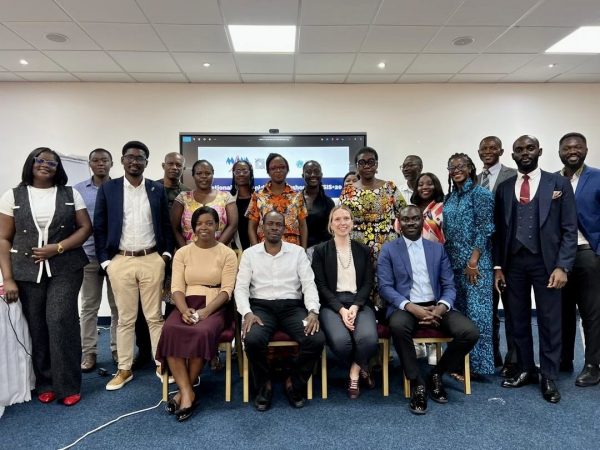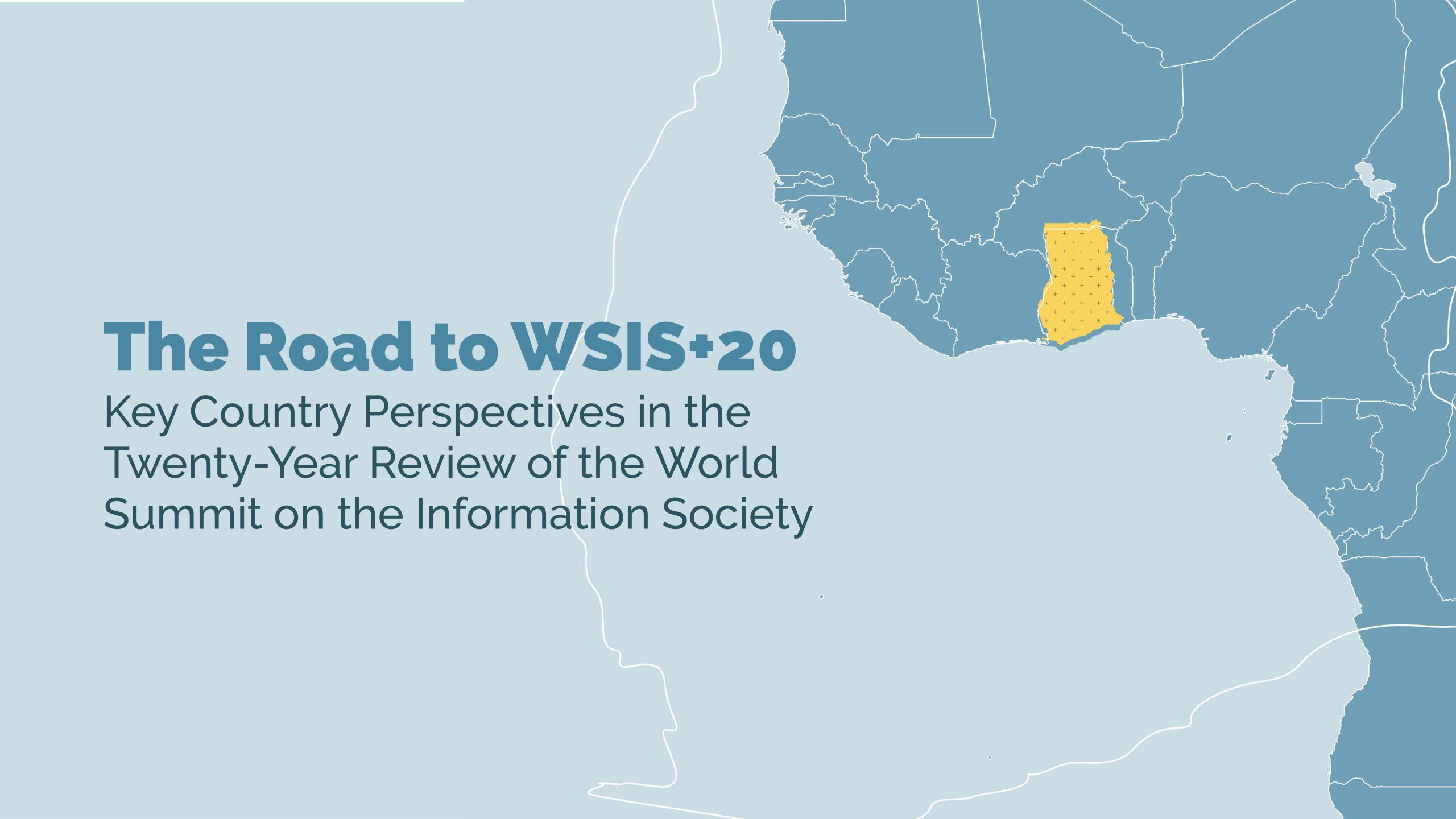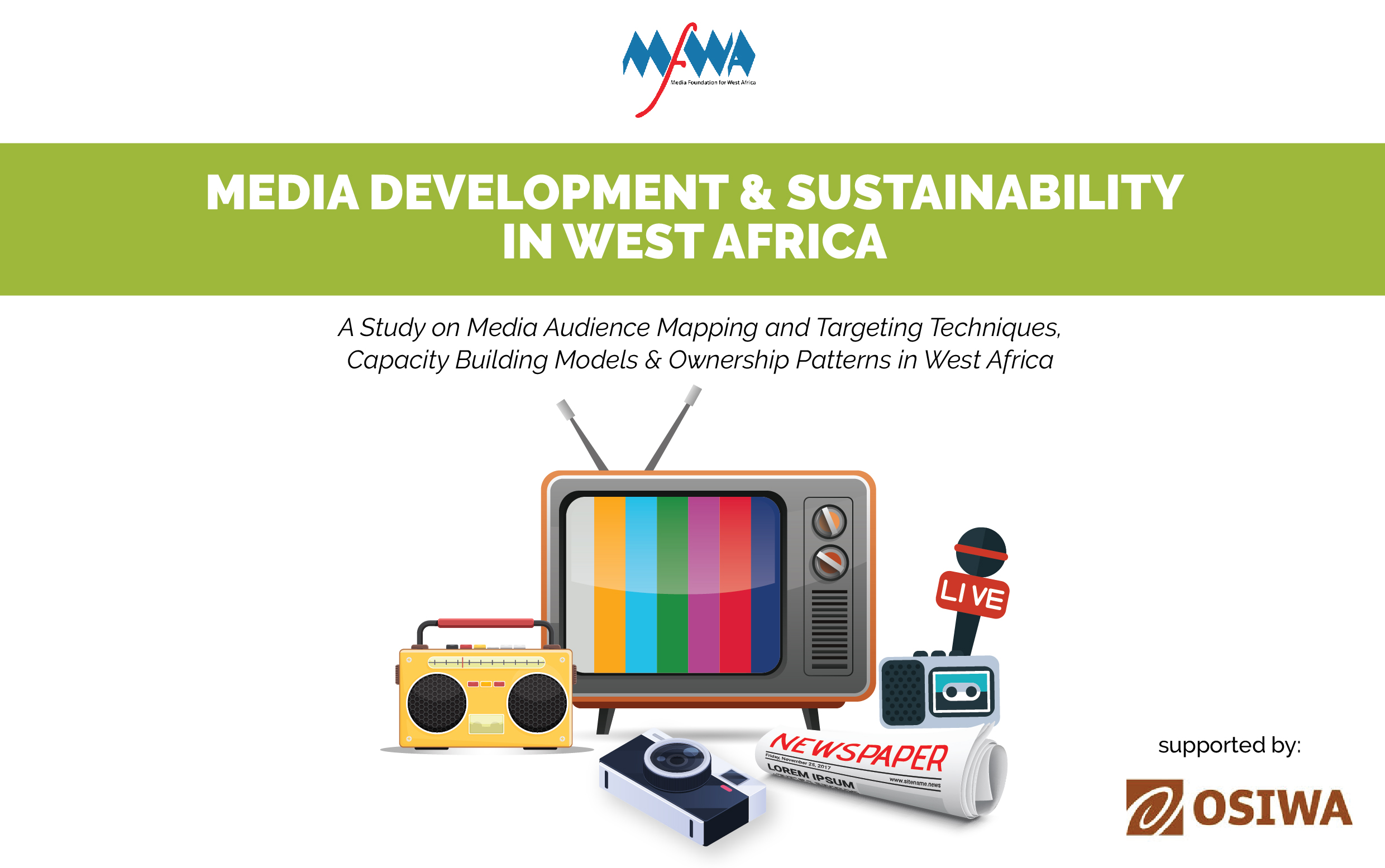This report explores how countries are approaching the 20-year review of the World Summit on the Information Society (WSIS), a landmark UN-led process that has shaped global digital governance since 2003. Originally held in two phases in Geneva (2003) and Tunis (2005), WSIS laid the groundwork for a multistakeholder model of internet governance and established key platforms such as the Internet Governance Forum (IGF).
Twenty years later, the WSIS+20 process is a chance to reflect on the relevance of these frameworks in a vastly changed digital landscape. New technologies, rising geopolitical tensions, widening digital divides, and fragmented global governance now present fresh challenges to the WSIS vision of a people-centred information society.
The report offers country-level insights into national priorities, key actors, and digital policy positions. It includes perspectives from Global Majority countries, such as Ghana, India, Brazil, and Tanzania, as well as influential digital powers like the US, China, and the EU.
The Media Foundation for West Africa (MFWA) contributed to this report in research and stakeholder consultations for the Ghana chapter. The chapter (which begins on page 50 of the report) presents key perspectives on Ghana’s priorities, challenges, and approach to the WSIS+20 process, drawing on input from policymakers, civil society, and the technical community.

This research report was produced as part of the Shaping the WSIS+20 Review for a Unified Internet Multistakeholderism project coordinated by the Global Network Initiative and Global Partners Digital with support from the inaugural ICANN Grant Program.
A compiled report of sixteen country chapters can be found here.






